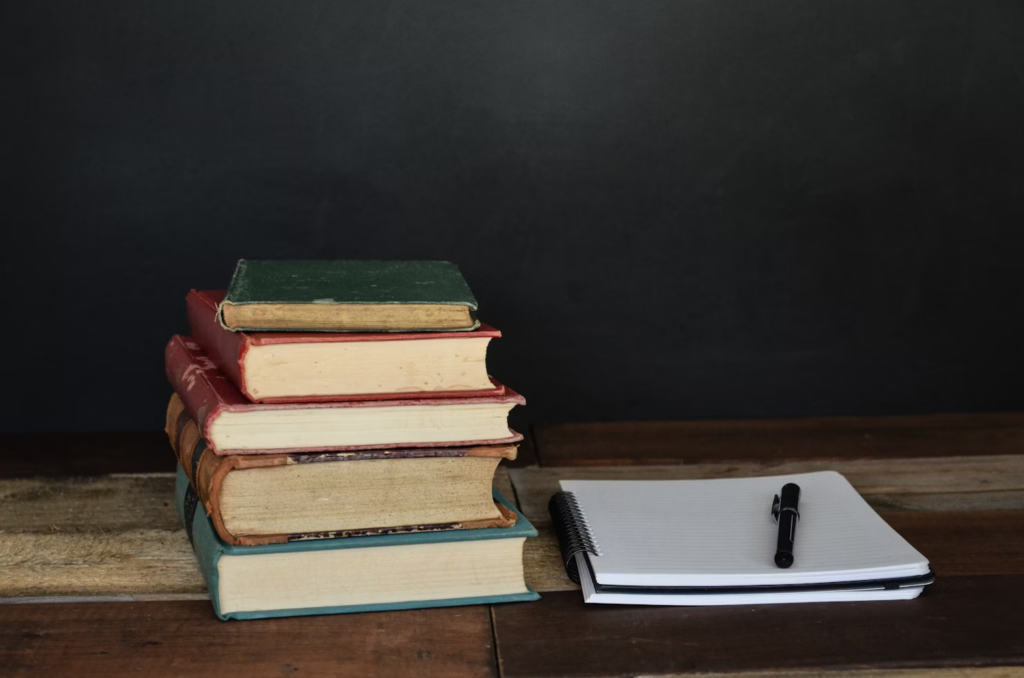
Throughout history, many women have left an indelible mark on writing and education, breaking barriers and reshaping our understanding and approach to knowledge and storytelling. Their contributions have enriched the literary world and transformed educational paradigms, inspiring generations of learners and readers. Here, we celebrate five influential women whose legacies continue influencing and motivating.
Mary Wollstonecraft: The Foundation of Feminist Philosophy
Mary Wollstonecraft, best known for her work “A Vindication of the Rights of Woman” (1792), laid the groundwork for feminist thought in an era when women’s voices were often silenced. Her advocacy for women’s education was revolutionary, arguing that women should be treated as rational beings and entitled to the same educational
opportunities as men. Wollstonecraft’s writings provided a critical foundation that challenged societal norms and paved the way for future discussions on gender equality in education and beyond. Her belief in the transformative power of education to achieve independence and equality has influenced countless educational reforms and feminist movements, making her an enduring figure in the landscape of writing and education.
As a student, you may be required to write a paper about important historical figures and female visionaries that helped modern women receive the rights and recognition they deserve. If you ever need help writing a well-researched and factual paper, hire a UK personal statement writing service. Outsourcing some of your more challenging papers to professionals will help you maintain good grades without spending hours researching countless topics.
Charlotte Perkins Gilman: Pioneering Social Reform through Literature
Charlotte Perkins Gilman, a prominent figure in the late 19th and early 20th centuries, used her writing to explore the intersection of women’s rights and societal progress. Her seminal work, “The Yellow Wallpaper” (1892), explores women’s health, autonomy, and the stifling effects of patriarchal structures. Gilman’s advocacy extended to education, where she championed coeducational environments and vocational training to empower women and foster a more egalitarian society. Her visionary ideas contributed significantly to discussions about educational reform and gender equality, illustrating the power of literature as a tool for social change.
Virginia Woolf: Expanding the Boundaries of Literature and Education
Virginia Woolf, a pivotal figure in modernist literature, delved into the intricacies of human consciousness and the female experience, leaving a significant impact through several key contributions:
- Modernist Literature Pioneer: Woolf explored the complexities of human consciousness and the female experience with profound depth and insight.
- “A Room of One’s Own” (1929): Addressed the systemic barriers women encounter in education and literature, highlighting the critical need for financial independence and intellectual freedom for women’s creative expression.
- Advocacy for Women’s Spaces: Advocated for spaces where women could pursue education and literary careers freely, influencing the creation of institutions and programs supporting women writers and scholars.
- Inspiration for Supportive Institutions: Her work has inspired the establishment of countless institutions and programs to aid women writers and scholars.
- Legacy in Literature and Education: Woolf’s literary contributions and educational insights continue to foster discussions on inclusivity and creativity within academic and literary communities.
Malala Yousafzai: Championing Education for All
Malala Yousafzai, the youngest Nobel Prize laureate, has become a global symbol of the fight for girls’ education. Surviving an assassination attempt by the Taliban for her activism, Malala’s courage and determination have spotlighted the importance of education for girls worldwide. Through her foundation, she works tirelessly to ensure that every girl has the opportunity to learn and lead. Malala’s story and advocacy underscore the transformative power of education and the need for universal access to it. Her influence extends beyond the classroom, inspiring a new generation to stand up for their rights and the rights of others to education and freedom.
Bell Hooks: Transforming Education through Critical Thinking
Bell Hooks, renowned as a cultural critic, feminist theorist, and educator, championed a distinctive approach to teaching and learning, highlighted by the following key points:
- Engaged Pedagogy: Advocated for an educational method that prioritizes critical thinking, equity, and the pursuit of justice.
- Broad Scope of Work: Her influential work covered race, gender, education, and media.
- Challenging Traditional Practices: Hooks critiqued conventional educational methods, advocating for a more inclusive and reflective teaching approach.
- Examination of Inequalities: Encouraged educators and students to critically assess and address systemic inequalities within educational environments and society.
- Promotion of Transformative Education: By advocating for education that is accessible, liberatory, and transformative, Bell Hooks has made a lasting impact on educational philosophy and practices.
Conclusion
These five women have each, in their unique way, contributed to reshaping the landscapes of writing and education. Their works and lives serve as beacons of progress, challenging us to think more critically about the world and our roles within it. Mary Wollstonecraft, Charlotte Perkins Gilman, Virginia Woolf, Malala Yousafzai, and Bell Hooks have significantly contributed to their respective fields and paved the way for future generations of women writers and educators. Their legacies remind us of the power of voice, the importance of education, and the ongoing struggle for equality and justice in every sphere of life.